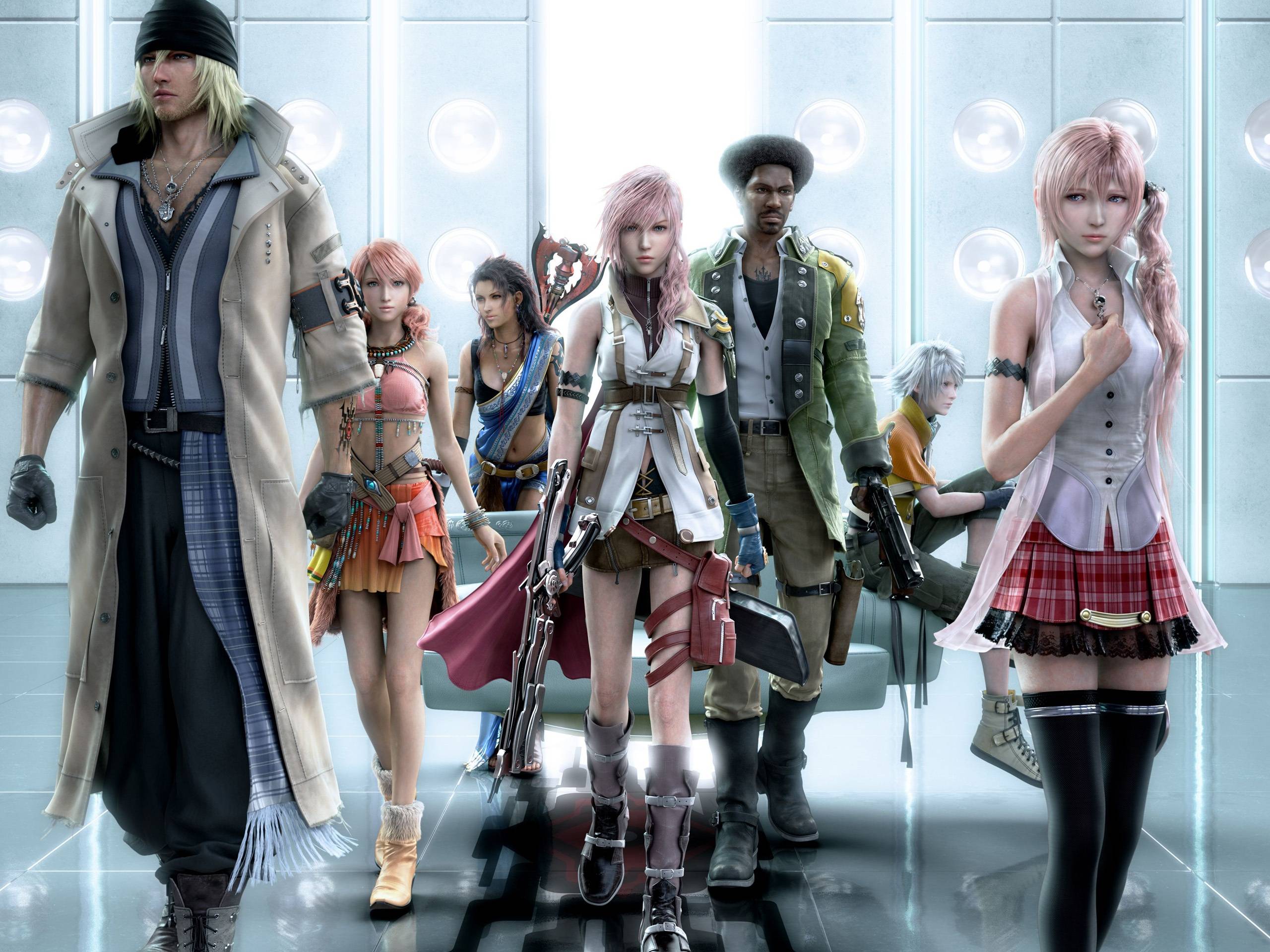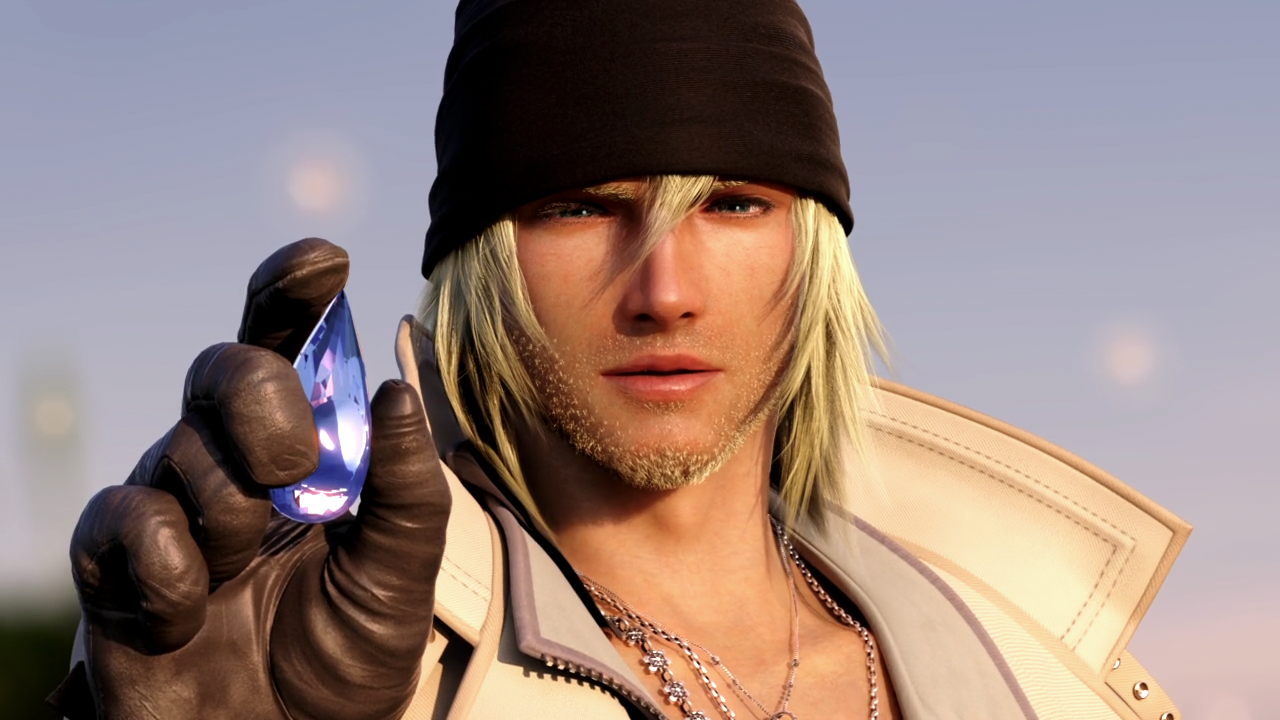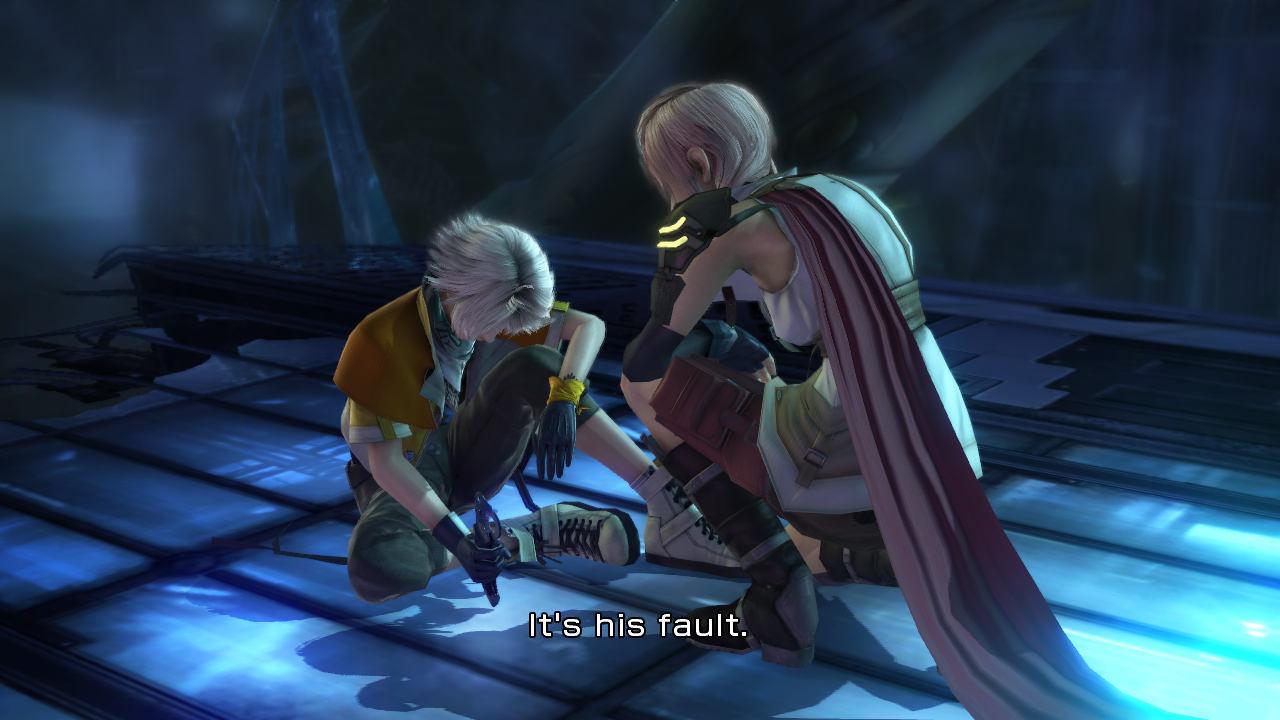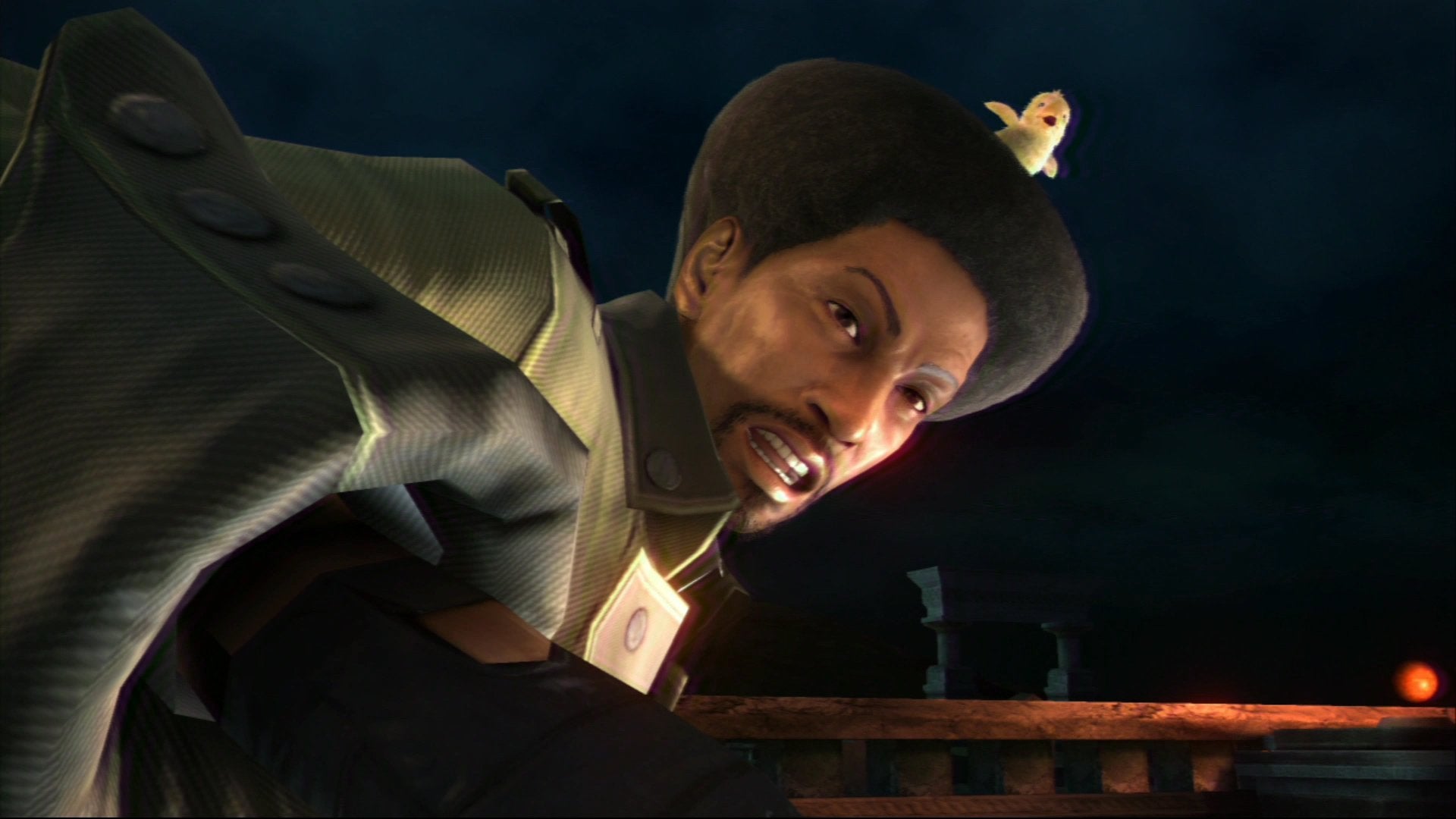For years, I heard nothing but complaints about the game. ‘Corridor’ is a word that would give some a horrible flashback of their playthrough, many called Lightning ‘a cold copy of Cloud’, and some simply didn’t like that the game got two sequels. So, when I saw that Final Fantasy 13 was on Xbox Game Pass over the holidays, I knew there was only one thing I could do: find the truth. And you know what I found? Shock horror: a pretty great video game. Now, right off the bat I will say this: some of those aforementioned corridors are pretty long. The game definitely could have made a few cuts here and there, no doubt about it. But my first point of frustration with the decade-plus of criticism I’ve been hearing is that the waves of negativity surrounding the game completely washed away any discussion that could dig into how good the gameplay is. Over anything else, it introduced the Paradigm system, a gameplay mechanic that requires you to switch your characters between different roles. Turn-based RPGs have a habit of disguising some of the finer, somewhat important details of their battle systems, requiring you to put the time in to figuring out how they work. That didn’t happen for me with the Paradigm system. Just from switching between the various roles, and paying attention to the various gauges at play, I was able to understand exactly how the game works. When you finally have the ability to choose your party members – and dictate what roles they have – you suddenly discover that there’s such a huge range of freedom to play how you want. And that’s completely counter to what I’d heard about the game before jumping in. Some fights were a smidge too hard, and there was the odd occasion where things were repetitive from a lack of enemy variety. But the game forces you to switch your party members in its first half, so you’re constantly needing to reevaluate how you approach fights. You can’t just rely on the same rinse and repeat techniques. Final Fantasy 13 keeps you on your toes. But a fun game is not necessarily a good one. It is – after all – a Final Fantasy; a game in a series known for its grand and ambitious storytelling and complicated, layered characters. This leads to one of the biggest frustrations I have when it comes to historical criticisms of the game. At the beginning, you are just kind of thrown into the story. The narrative takes some time to explain itself, and even when it all starts coming together it only kind-of digs into what a l’Cie, or a Fal’Cie, even is. But it doesn’t matter that much. People often get hung up over the nonsense fantasy language that some games use (as a Kingdom Hearts fan, I’m more than used to that), but lore isn’t really what 13 is about, is it? I was surprised to find it’s a game about the role of the parent and child; each of the main cast takes on one or the other as a role. Lightning has to mother her sister, Serah, and begrudgingly becomes a maternal figure for Hope, too. Snow is an orphan, and he, too, acts as a parent to Hope. Sazh is a literal father, doing his best for his son Dajh, whilst somewhat looking after Vanille, too. Hell, the final boss of the game is literally called Orphan. The game isn’t exactly subtle. On top of all that, Final Fantasy 13 tells a story that is surprisingly relevant to our own current experiences. Cocoon – the world most of the main cast lives on – is supported by the Fal’Cie, which I think are gods (like I said, it isn’t 100% clear). But the government is more than happy to sacrifice the general populace for the benefit of these gods, these unelected figureheads in charge of the world. Sound familiar? It feels like a condemnation of the blend of state and church, and how a government will fail when it acts only in its own interests. These are some heavy, complicated, and often emotional themes, all packaged up in trauma and fantasy drama. I love Final Fantasy 15 with all of my heart, but it only wishes it could deal with political themes as interestingly as Final Fantasy 13 does. The characters’ wants and needs all intersect with the fate their misguided government has provided them with, and I was shocked to find how interesting Lightning’s character development, in particular, actually was. A few hours into the game, Lightning winds up with Hope, who not too long ago watched his mother die, and proceeds to follow Lightning around like a lost puppy. Lightning is a trained soldier, acting heartless even to her loved ones. In the moments she spends alone with Hope in those earlier hours, she teaches him some pretty awful lessons. He learns to be aggressive and solitary, and focused solely on his mission of revenge for the death of his mother. Lightning doesn’t seem to care about him too much, yet still takes on the role of mother and educator. But over time, she starts to see the damage her influence is causing towards Hope’s wellbeing. And so she changes, she loosens up, and tries to untie those knots she pulled so tight. This isn’t to say that Lightning stopped being cool as shit. There’s an incredible line where a soldier tells her to die, to which she says “you first” without batting an eye, and I loved it. But she learns to not be so cold, and opens up to the idea that having others be there for you is a good thing. The comparisons to Cloud ended up feeling completely unwarranted, and steeped in misogyny. Cloud’s development after the events of Final Fantasy 7 positioned him as a moody bastard, which was actively changed for Remake because it just wasn’t in line with his character. Forum posts from over a decade ago describing why they don’t like Lightning just felt reductive, and seemed to suggest a woman couldn’t possibly have complicated character development. Is everything about Lightning perfect? Of course not, but what the hell is. I know Final Fantasy 13 is far from a perfect game. But it is a great one. The Final Fantasy series has been very messy since Final Fantasy 13, with Final Fantasy 15 notoriously suffering from a troubled development period, and Final Fantasy 14 having to be wholly rebooted due to a poorly received 1.0 launch. Yet, there is hope that the next game, Final Fantasy 16, might be free from some of those same complications. Naoki Yoshida now famously helped save 14, and has positioned it as an MMO so popular they literally had to stop selling the game for a while. We’ve seen very little of 16 thus far – because of the pandemic – but a new Final Fantasy is always exciting. I do worry about the fact yet another game in the mainline series is without a prominent female character, as historically the series has been filled with them. I worry that placing Lightning as the poster child for Final Fantasy for so many years made Square Enix afraid of ever doing the same again. More than anything, though, I hope that 16 is a bit weird. Final Fantasy is at its best when it’s trying something different, which I think is the best thing Yoshida and co. can learn from 13. With a release potentially around the corner in 2022, it might not be long until we find out what teh development teams has learned. Oh, and 13 is best game just for Sazh’s chocobo.



